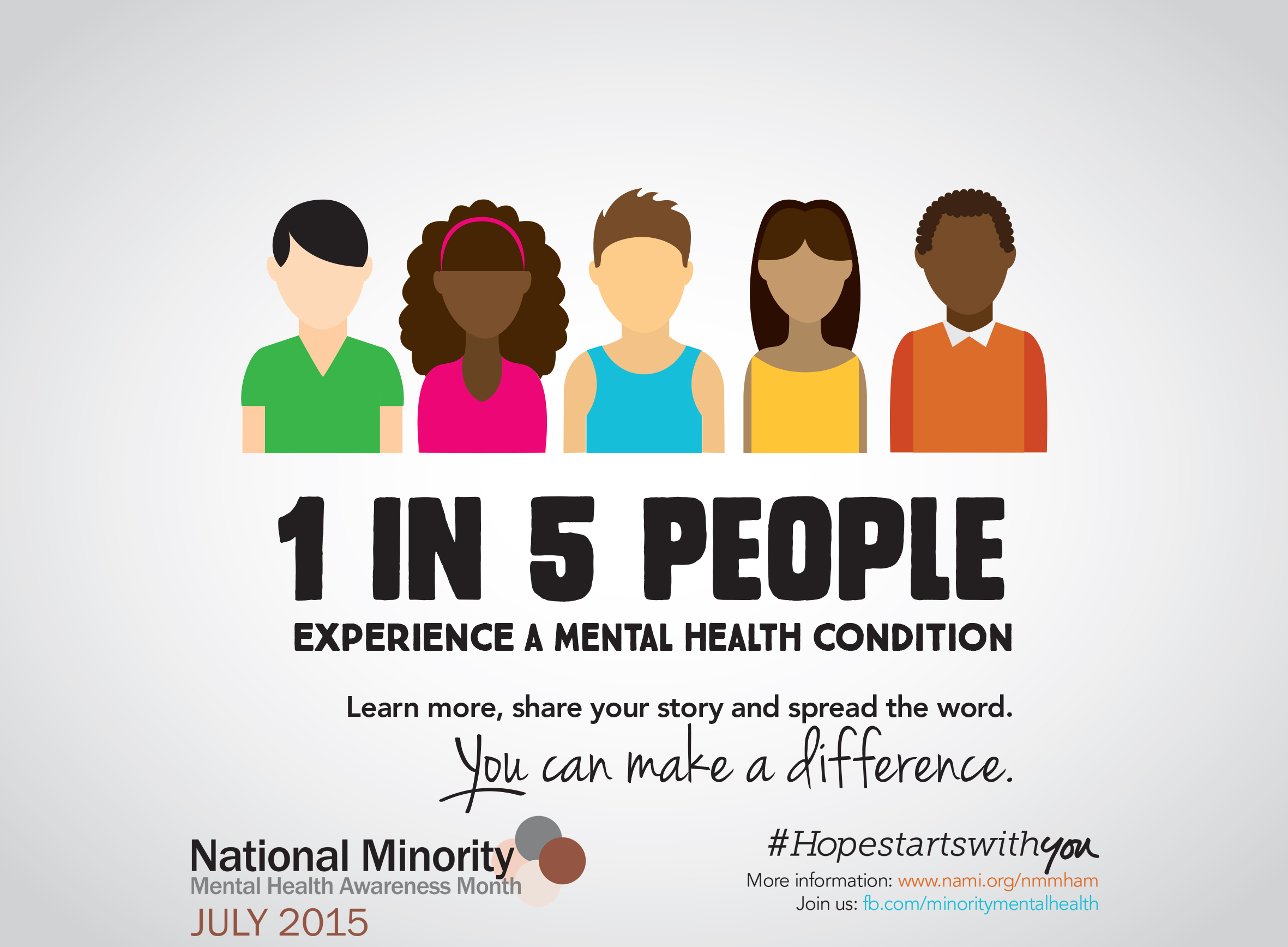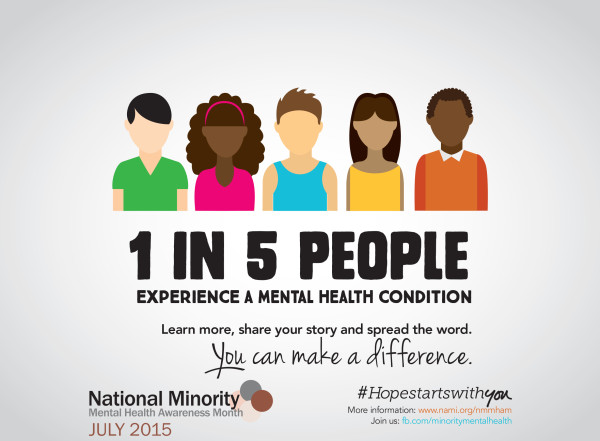Part 1 – Emily’s Story: Living with Perfectionism & Depression
By Emily Wu Truong
In honor of July as National Minority Mental Health Awareness Month, Guest Blogger Emily Wu Truong, who received a fellowship from the Entertainment Industries Council’s Mental Health Journalism Fellowship, created this three-part series on Asian American mental health. This is the first article of the three-part series about perfectionism and mental health.
I used to believe that perfectionism was real. Because straight A’s were expected of me, I thought perfection was supposed to be the norm. Growing up, my parents would talk about how they attended National Taiwan University, which was considered the Harvard of Taiwan. They were always at the top of their classes, and indirectly, that led me to believe that “I need to make them proud by doing the same.” I thought I was living in a world where adults were to be perfect, and if I couldn’t measure up, I would have nothing to contribute to society. However, it was not until much later in life that I realized that I was shooting myself in the foot by setting up unrealistic expectations for myself.
While doing some research on perfectionism and its relation to mental health, I found a UCLA research study by Jaimin Yoon and Anna S. Lau on the topic of Maladaptive Perfectionism and Depressive Symptoms Among Asian American College Students: Contributions of Interdependence and Parental Relations. Yoon & Lau stated that “Perfectionism is commonly thought of as a trait that motivates individuals to strive toward important goals and foster excellence. However, a growing literature highlights aspects of perfectionism are linked to negative psychological outcomes, including low self-esteem, depression, and suicidality.” Being able to find research that could validate my personal experiences was eye-opening.
Before I became more conscious of my perfectionist habits, I was my own worst enemy for the longest time. Growing up, negative thoughts filled the narrative of my mind and were responsible for my depression and anxiety. Whenever I dealt with rejection or criticism from others, I did not know how to handle those negative remarks, and I allowed the negativity to define me. I wallowed in confusion and self-doubt while my self-critical voice said, “What the F is wrong with you? Why can’t you do anything right? Why are you so stupid and slow? You are a nobody! Why can’t you be as accomplished as so-and-so?” For too long, these were the tormenting voices inside my head and carried a cloud of shame over my head never feeling good enough.
I can still remember my dark days when I laid in bed with these unforgiving voices and feeling miserable concurrently. I criticized myself for having no direction in life, and in my depressed state, I wished the world would just end. While my life mission to seek long-lasting happiness seemed endless, not knowing how to find the answers to life did not help.
I turned to dating and friendships, but often found myself dealing with some that would never work out. Then as I matured, I realized that I was only valuing myself based on how much I felt others’ valued me. That was a serious problem because I never learned how to value me, which then led me to moments of me wanting to end my life. During college, I automatically devalued myself when my boyfriend whom I loved broke up with me. When I just wanted him to take me back, he chose not to and laid in bed with other women. My heart was crushed, and I longed for the days he would love me back and hold me in his arms again. Regrettably, that day never came, and I wanted to end my life by choking myself.
At the same time though, I knew in my heart that killing myself was not the solution. I remember telling my sister about my feelings about suicide. She responded saying that she would feel very sad if she lost me. From then on, I knew I had to keep on living, but I still struggled with defining my overall life purpose.
Stay tuned for Part 2: Seeking Help in an Imperfect Mental Health System.
ABOUT THE AUTHOR: Emily Wu Truong is a Motivational Speaker for Mental Health Awareness, holding a Bachelor’s Degree in Psychology & Social Behavior from UC Irvine. As an outspoken advocate, Emily was elected as Chair of the Asian Coalition and serves on the Client & Family Leadership Committee for the Mental Health Services Oversight & Accountability Commission (MHSOAC) in Sacramento. As a motivational speaker, Emily has been invited to speak at USC, UCLA, UC Irvine, & Raytheon. She is best known for her speeches “Believing in Me: My Journey to Finding My Self-Worth” and “Breaking Down the Walls of Perfectionism.” In March 2015, in recognition of March as Women’s History Month, Emily was selected for the 2015 Woman of the Year Award for Senator Ed Hernandez’s 22nd Senate District. Emily has become a role model, demonstrating self-initiative and an indomitable will, delivering her message that with help, there is hope.





